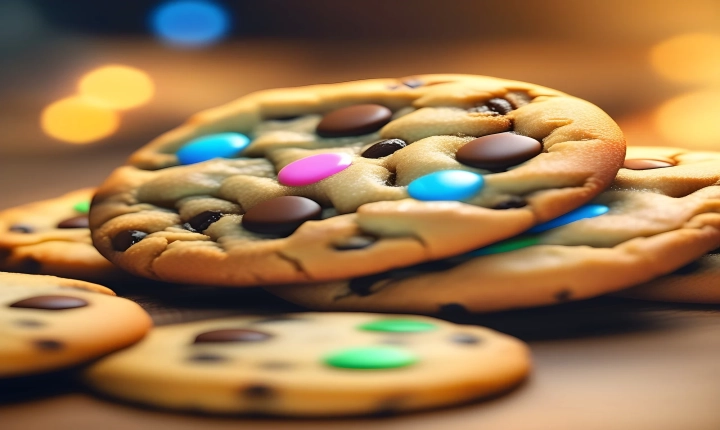Title: Is AI Going to Replace Photographers?
In recent years, artificial intelligence (AI) has made great strides in various industries, revolutionizing the way tasks are accomplished. In the realm of photography, AI has demonstrated its ability to perform image recognition, enhance photo editing, and even assist in the composition of photographs. As a result, there is a growing concern about whether AI technology will eventually replace human photographers.
AI-Driven Photography
One of the most significant developments in AI-driven photography is the use of machine learning algorithms to improve image recognition and photo editing. AI-powered software can quickly analyze and categorize large volumes of images, allowing for efficient organization and retrieval of photos. Additionally, AI algorithms can be used to automatically enhance the quality of images by adjusting lighting, color balance, and sharpness, resulting in professional-looking photographs without the need for manual editing.
Furthermore, AI has been utilized to develop powerful tools for creating composite images, automating the process of merging multiple photos to produce a single high-quality image. This technology has potential applications in areas such as landscape photography, architectural photography, and interior design, where the ability to seamlessly combine multiple images is essential.
AI’s Impact on Professional Photographers
The rapid advancement of AI technology in photography raises concerns about its potential impact on professional photographers. Many fear that AI may diminish the demand for human photographers, as AI-driven software becomes increasingly capable of producing high-quality images with minimal human intervention. With the ability to automate tasks such as image editing, organization, and composition, AI technology could potentially streamline the photography process and reduce the need for human involvement.
However, it is essential to consider that AI technology cannot completely replicate the creative and artistic capabilities of human photographers. While AI algorithms can perform certain tasks efficiently, they lack the intuition, emotion, and unique perspective that human photographers bring to their work. The creative vision, storytelling skills, and ability to capture authentic moments are aspects of photography that are unlikely to be replicated by AI in the foreseeable future.
The Future of Photography: Human-AI Collaboration
As AI continues to evolve and integrate into the field of photography, the future may likely see a shift towards a collaborative approach, where photographers leverage AI technology to enhance their creative capabilities. Rather than replacing humans, AI has the potential to serve as a valuable tool for photographers, allowing them to streamline their workflow, improve image quality, and explore new creative possibilities.
Moreover, AI-driven technologies can assist photographers in analyzing and interpreting vast amounts of data, enabling them to make informed decisions about image selection, marketing strategies, and client preferences. By leveraging AI insights, photographers can optimize their business practices and adapt to the changing landscape of the photography industry.
Ultimately, while AI technology may continue to play an increasingly significant role in photography, the essence of human creativity and vision is irreplaceable. Photographers possess an innate ability to connect with their subjects, tell stories through their images, and evoke emotions in their audience. The distinctive human element of photography ensures that the art form will always be shaped by the unique perspectives and experiences of talented photographers.
Conclusion
The emergence of AI-driven photography has undoubtedly raised questions about the future of photography and the role of human photographers. While AI technology has made significant advancements in image recognition, editing, and composition, the creative and emotional aspects of photography are unlikely to be replicated by AI alone. Instead of replacing photographers, AI is poised to enhance their capabilities, offering new opportunities for collaboration and innovation in the art of photography. As technology continues to evolve, the symbiotic relationship between human photographers and AI-driven tools may lead to exciting new developments in the field of photography, enriching the art form with diverse perspectives and creative possibilities.
